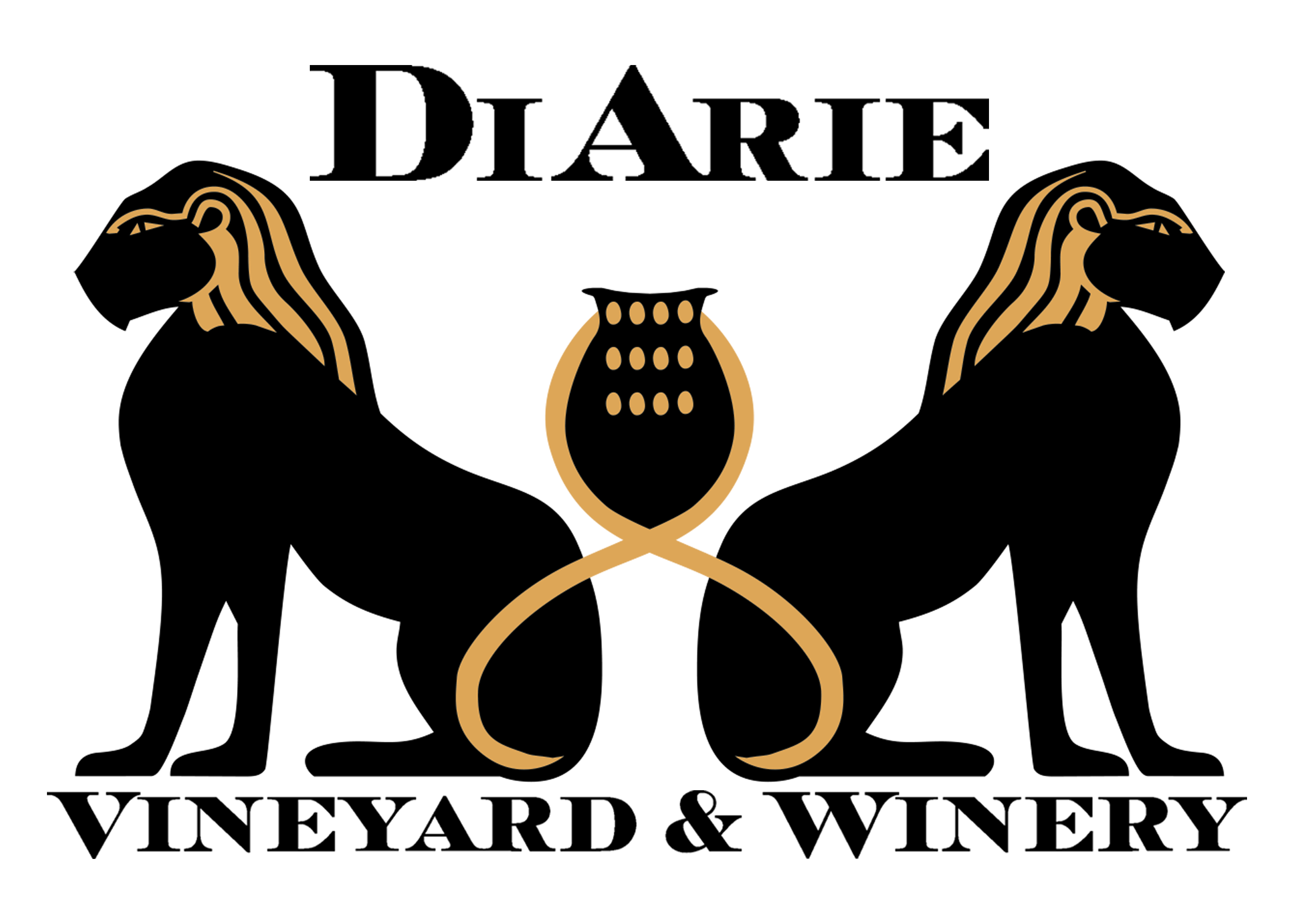In my mind the aging of wine is definitely a culture. Just think about it. Is it so obvious that a wine will improve with aging? Quite the contrary. If you consider wine to be a food, like you should, the quality of all foods, without exception, will decline with aging. That is why food companies must indicate on their labels the expiration date of the foods they manufacture.
I think that the benefits of aging wine were discovered by accident in the old-world wine regions several hundred years ago. In that part of the world the weather during the wine growing season is inconsistent and unpredictable. For a period, you might get a hot spell with day and night temperatures ranging from 80 to over 100 degrees; and following that, the weather may turn rainy and cold with temperatures dropping to 50 – 60 degrees. In this kind of environment, during these extreme conditions, the ripening process slows down and some years winemakers are forced to harvest the grapes before they are fully ripe. This results in astringent wines with high levels of tannins and deficient in fruit flavors.
Necessity is the mother of invention. Our ancestors realized that if they age the wines for a few years in a moderate environment, the tannins soften, making the wine less astringent and giving way to a softer mouthfeel. In addition, with aging, the wines acquire flavor and aroma qualities that they didn’t have before. This occurs through chemical reactions between certain components present in the wine that promote the creation of complex flavors and aromas that can be fruity, floral, earthy, spicy, caramelly or minerally. This quality is unique and distinguishes wine from other foods.
“The Culture of Aging Wine” was created for the purpose of making old world wines more pleasant to drink. Contrary to the climatic conditions in the old-world wine regions, the new world especially California, is blessed with a weather that enables the grapes to ripen consistently within the growing season. Depending on the style of the wine, which is determined by the winemaker, new world wines can be fruitier and softer than old world wines and do not require any aging to make them drinkable. It is not an obvious necessity to age new world wines, even though they may benefit from this process. My conclusion is that if our colleagues in the old-world wine regions had not created “The Culture of Aging Wine,” we would not have known that aging wines can also benefit the quality of the wine made in the new world.
Ninety percent of the wine produced in the new world is sold within one year of production, and 99% sold within five years. When aging wines, you need to contend with the age-worthiness of the specific wine, including the variety, the way the wine is crafted, the storage conditions, etc., but you also need to consider the packaging, namely the bottle and the cork. The quality of an aged wine varies significantly from one bottle to the next, especially depending on the condition of the cork. If you store a case of the same wine in a temperature-controlled cellar and you open the entire case after 10-15 years, you will be amazed to discover that every bottle will give you a different wine. In most bottles you won’t be able to pull the cork in one piece. In others the wine will penetrate through the cork and causing the bottle to leak. Obviously in both cases the wine quality is compromised which doesn’t make the aging of wines a positive experience.
Don’t despair! I figured out how I can make wines that can endure their aging process and at the same time also transform themselves to reveal qualities that were not there when they were still young. While some of these wines were outstanding to begin with, they became more complex and subtle. The factors affecting the age-worthiness of a wine are the variety, the viticulture practices and the winemaking techniques. Also consider the fact that since 2007 I have been using a cork that keeps its integrity for 30 years or longer. I am in love with my aged wines and completely sold on this beautiful culture of aging wines.
Cheers!
Chaim
